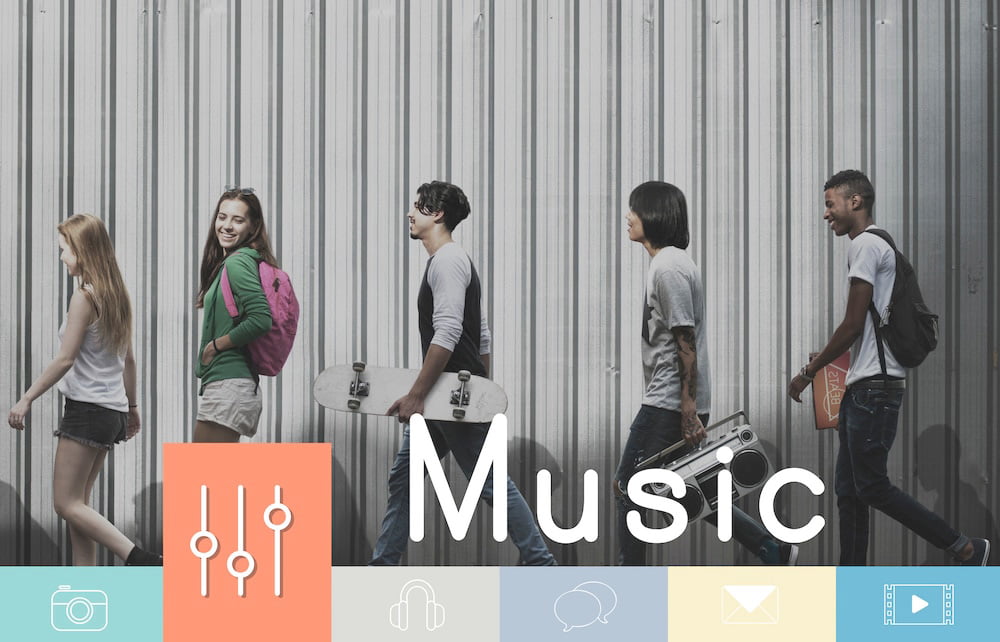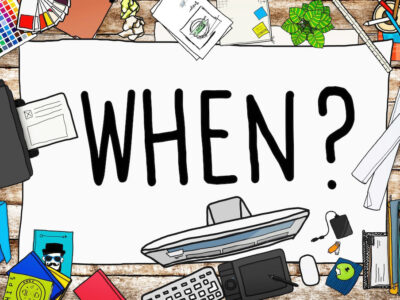Introduction: The Teenage Years – A Time of Transition and Discovery
As a teenager, finding my own identity was a rollercoaster. One moment, I felt on top of the world, and the next, I was grappling with confusion and self-doubt. But there was one constant in my life that helped me navigate these turbulent years: music.
Teenagers face numerous challenges, including changes in relationships, academic pressure, and the quest for self-discovery. These pressures often leave young adults feeling isolated.
For me, music was more than just entertainment; it was a lifeline. It shaped my emotions and gave me comfort during tough times.
My Lifeline: The Power of Music
The Soundtrack of My Teen Years
From pop to rock to hip-hop, music was everywhere. I found solace in artists like Taylor Swift, Ed Sheeran, and Drake.
Statistics show that around 90% of teenagers listen to music daily, highlighting its role in their lives. It’s like a daily ritual for many young people.
Emotional Support and Coping Mechanism
When life felt overwhelming, I’d turn on my favorite songs. An example was after a tough breakup. Instead of wallowing alone, I found strength in Swift’s lyrics.
Music allowed me to process feelings, bridging the gap between isolation and connection.
Actionable Tip
Create personalized playlists for different moods. Whether you’re happy, sad, or anxious, having a go-to playlist can be uplifting.

Beyond Entertainment: Learning and Growth Through Music
Discovering New Artists and Genres
Exploring diverse music helped me grow. My journey often began with recommendations or playlists. Each new song sparked curiosity, leading to personal development.
Musical Expression and Identity
Music helped me understand who I was. It allowed me to express my feelings in ways words alone couldn’t. Music significantly influences how young people form their identities during their teenage years.
Actionable Tip
Explore different genres. Attend live shows to experience music culture and meet like-minded peers.

Social Connection and Shared Experiences
Music as a Common Language
Music broke down barriers for me. It was the spark for friendships in school. An example is when I bonded with classmates over a shared love for a band.
Shared Musical Experiences
Concerts and festivals created unforgettable memories. According to surveys, nearly 70% of teens say attending music events enhances social ties.
Actionable Tip
Join a band, choir, or music appreciation club. These activities foster connection and deeper bonds with others.

The Unexpected Benefits: Improved Focus and Productivity
The Power of Focus Music
Certain types of music can boost productivity. While studying, instrumental tracks helped me concentrate. It’s about finding what works best for you.
Stress Relief and Relaxation
Music alleviated stress during finals. An expert on adolescent mental health noted, “Listening to music can lessen anxiety and promote relaxation.”
Actionable Tip
Try specific genres, like classical or lo-fi, for studying. Use apps designed for focus and relaxation, like Spotify or Calm.
Conclusion: The Enduring Power of Music in Adolescent Life
Music has been my constant companion throughout my teenage years. It supported me emotionally, helped me grow, and built connections with others.
Even today, music continues to influence my life. It remains a source of joy and understanding.
Reflect on your teenage experiences. What role did music play in your life? Share your thoughts and memories, and celebrate the timeless bond we all share through melodies.
Also Read: Building Resilience in Teenagers: Tips for Mental Health Support
Discover more from NoseyPepper
Subscribe to get the latest posts sent to your email.










Recent Comments